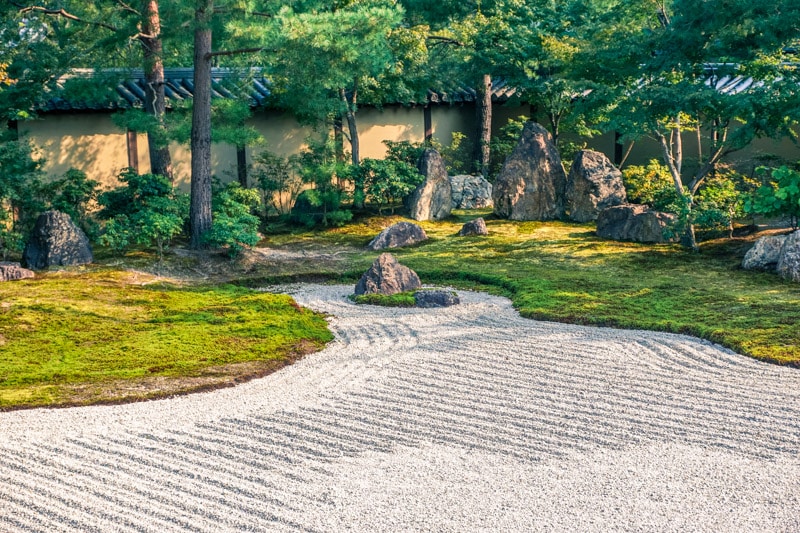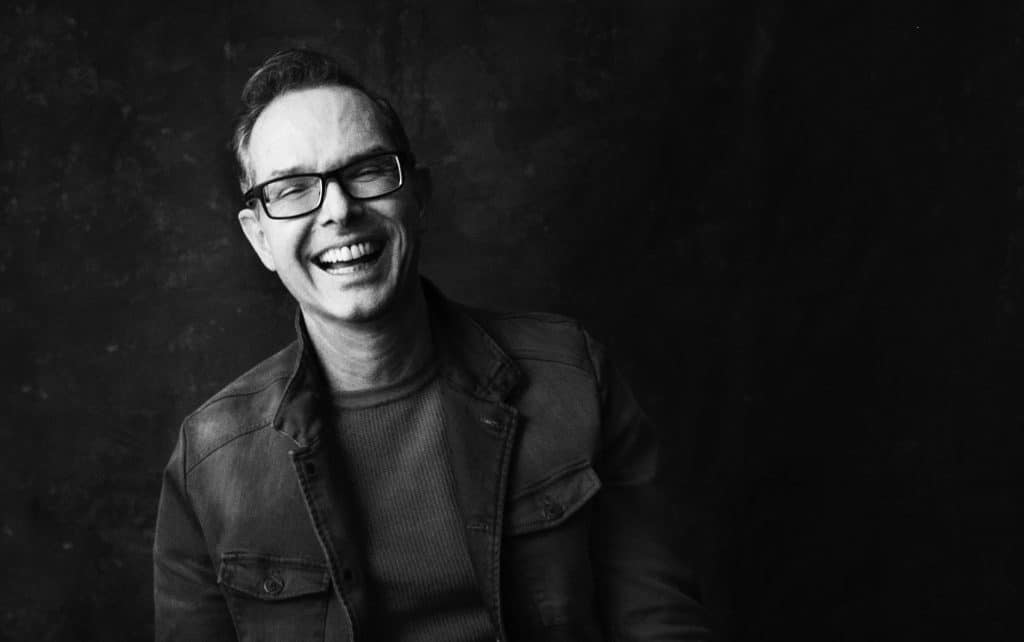
Within the Reiki precepts we find the Japanese sentence shinshin kaizen 心身改善.
Shinshin 心身 mind-body
Kaizen 改善 improve
Mikao Usui must have found shinshin kaizen an important element, else he would not have used it within his precepts. In fact, he used it as the closing thought to these instructions, an essential part of the precepts for the students of Mikao Usui’s times and for us in our times.
The precepts:
The secret method to invite blessings
The spiritual medicine for all illness
Today only
Do not anger
Do not worry
Be grateful
Practice this diligently
Show compassion to yourself and others
Perform Gassho in the morning and evening
Be mindful about this in your mind
Chant with your mouth
Improve mind-body
But what does shinshin kaizen – improve mind-body – really mean?
From a traditional Japanese perspective it means the unification of our mind-body, as normally our mind and body are not in harmony. But this unification really only takes place when we improve ourselves, when we practice the meditation practices Mikao Usui put in his system. This is also why practicing the system of Reiki is a lifelong practice, improvement upon improvement.
“This approach to body and mind as a unity was not generally viewed as a ‘naturally’ experienced phenomenon, however, but rather as a synergy requiring conscious effort and special training (shugyō 修行). This training often took the form of meditation (either sitting meditation or more dynamic types of meditation through movement), as a practice through which the harmony of mind and body could be cultivated. The goal of such training was typically expressed as the attainment of an ‘awakening’(satori 悟り)” – – Yuasa Yasuo’s Theory of the Body by Britta Boutry-Stadelmann
Thus from a traditional Japanese approach, this improvement of mind-body is in essence only truly realized when we attain satori, enlightenment. Mikao Usui was thus pointing within his teachings to enlightenment, harmony between mind-body.
“So the old Gakkai members said that Usui Sensei taught the way to Satori very intensely to those who had achieved a certain level.” – Hiroshi Doi
This satori is again the unity of mind-body, shinshin kaizen – the improvement of our mind-body. It also was, according to Hiroshi Doi, the focus of Mikao Usui’s teachings, especially to some of his students who had achieved a certain level. And Mikao Usui was teaching the way of satori, improve mind-body, very intensely. It was not an easy 5 day course but an intense life long practice/improvement.
“Usui Sensei did not give additional healing trainings but I heard that he often taught classes about a Shihan’s mental attitude in order to improve one’s teaching methods when teaching about healing to the members. Though his one-on-one Shinpi-den lecture did not include healing training, I also heard that Usui Sensei’s mentorship greatly enhanced the healing ability of many of the Shinpi-den practitioners, as it strengthened their resonance with the Universe and encouraged the awareness that a human is the small universe derived from the Great Universe.” – Hiroshi Doi
Here Hiroshi Doi points out something very important and something that often is overlooked in many modern teachings of the system of Reiki. Doi points out that Mikao Usui was not teaching additional healing trainings per se during his one on one Shinpiden teachings, but whatever he was teaching strengthened his students resonance with the universe. We can almost be certain that Mikao Usui was teaching those students specific meditation practices, shugyō 修行, to improve their mind-body. And through this improvement of mind-body – shinshin kaizen – their healing ability was greatly enhanced!
This becomes apparent when we take a closer look at the whole structure of Mikao Usui’s teachings.
And we also can see that by placing shinshin kaizen within the precepts, Mikao Usui based his teachings on the teachers of old.
For example, Eisai (1141–1215), founder of Rinzai Zen, called this realization of mind-body shinshin ichinyo 心身一如, mind-body oneness.
And Dōgen (1200–1253), founder of Sōtō Zen, called this realization shinjin datsuraku 身心脱落, the dropping-off of body-mind. This concept of dropping body-mind means dropping the distinction between body and mind.
And Myōe (明恵 1173–1232) called this realization shinjin gyōnen” 心身凝然, unshakable mind-body.
Thus by looking at teachers like Dogen, teachers of old, we start to see what and how Mikao Usui was trying to teach: shinshin kaizen, perfect harmony between mind and body.
This of course is not an easy task. And that is why Mikao Usui instructed us to meditate and recite the precepts on a daily basis so that one day we might have the direct full experience of mind-body harmony. And this is why we do just that – continue our daily meditations, recitations, and practices to strengthen and encourage, as Hiroshi Doi said, our resonance with the Universe and our awareness that we ourselves are “a small universe derived from the Great Universe.”
Based in Holland, Frans Stiene teaches in North America, Europe, UK, Australia and Asia.
Frans is also the author of Reiki Insights, it is the continuation of his previous book The Inner Heart of Reiki, taking your personal practice and understanding of the system of Reiki yet another step deeper.


Comments 2
Hi All, here is a wonderful quote about shinshin kaizen.
“The body is always here and now, the mind never: this is the conflict.
You breathe here and now, you can’t breathe tomorrow or yesterday.
You have to breathe right now, but you can think about tomorrow or yesterday.
So the body stays in the present, but the mind keeps jumping between past and future, and between the two a fracture takes place. The body is in the present and the mind never is; they never meet each other, they never come face to face. Because of this fracture, anxieties and tensions arise. Mind must be brought back to the present, because it’s the only moment there is.” – Osho
Of course at a deeper level we need to drop the mind-body also from the present because if we look carefully then there is no present to be found. When we have done that then we are i real harmony with our mind-body.
Here is another two wonderful quotes about mind-body improvement:
“Q: How important is the body in human happiness?
Lama: If you want to be happy, it’s very important for your body to be healthy, because of the close link between your physical nervous sys- tem and your mind. A disturbance in your nervous system will cause a disturbance in your mind; changes in your body cause changes in your mind. There’s a strong connection between the two.” – Becoming Your Own Therapist by Lama Yeshe.
“When the yogi or yogini arises from the experience of clear light wisdom, this very subtle wind manifests as an illusory body. With achievement of the illusory body, a very high attainment, there is total unity of body and mind. At present we don’t have good communication between body and mind. Our bodies and minds have different energies and are not unified with each other.” – The Bliss of Inner Fire – Lama Yeshe